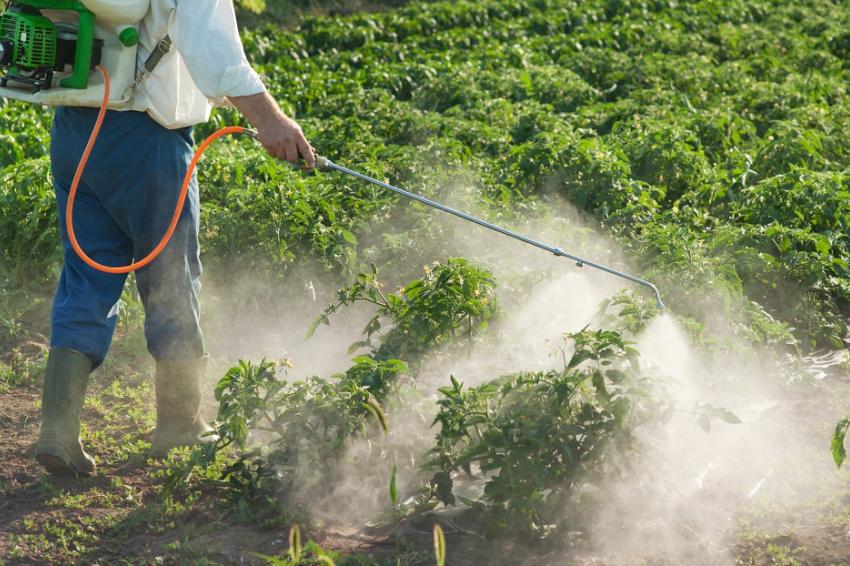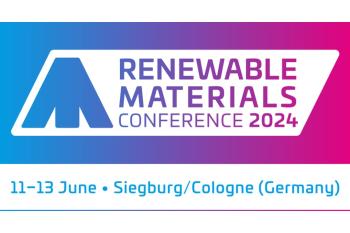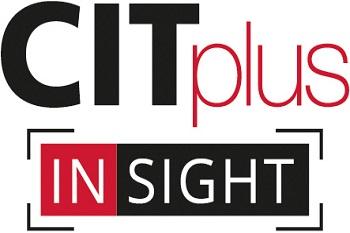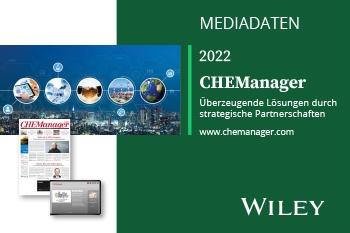EU Vote on Glyphosate Fails Yet Again
26.10.2017 -
The EU has again failed to reach agreement on renewing authorization for use of glyphosate. No formal vote was taken at the Commission meeting on Oct. 25, as an initial round of votes did not produce conclusive results. A decision has now been pushed into November, with experts expected to convene again “shortly” to discuss new proposals, including shorter reauthorization periods.
This week’s meeting took place near the conclusion of an 18-month extension passed unilaterally by the Commission on Jun. 29, 2016, temporarily extending the registration until the end of 2017. The decision came after its Standing Committee on Plants, Animals, Food and Feed – made up of experts from the EU member states – again failed to produce a qualified majority for any type of action.
In its latest attempt to clarify the status of glyphosate, the EU governing body had sought a 10-year extension after its 2016 proposal to extend registration for the active ingredient in Monsanto’s non-selective herbicide Roundup for a further 15 years faced widespread opposition.
All but farmers and agrochemical producers favored a shorter extension, and environmental advocacy groups demanded an outright ban. The day before this week’s vote, a petition signed by more than 1.3 million people backing such a move was handed to the Commission.
At the eleventh hour, when a conclusive vote looked farther away than ever, the Commission hinted that a compromise of five to seven years might be acceptable. Even this proved elusive, however. According to media reports, 10 countries planned to vote against a 10-year renewal of the license while 16 said they would vote in favor, with two (Germany and Portugal) abstaining.
In the latest round, the European Parliament – which in 2016 had favored a compromise seven-year extension – pressed for a period of only fiveyears. At the same time, the MEPs said that, in view of the chemical’s possible role in causing cancer, the EU should draw up plans to phase out glyphosate.
This should start with a complete ban on household use and a ban on use in farming, where biological alternatives work well for weed control.
At the heart of the debate is a 2015 study by the World Health Organization's International Agency for Research on Cancer (IARC), which concluded that glyphosate was "probably carcinogenic." This assessment, however, contradicted findings by the European Food Safety Authority (EFSA) and the European Chemicals Agency (ECHA), both of which said glyphosate was unlikely to cause cancer in humans. The assessment was also opposed by other sections of the WHO.
Reacting to the news of the latest failure to take action, Greenpeace EU food policy director, Franziska Achterberg, said: “Glyphosate is the asbestos of our generation. Today, the Commission failed for the fifth time in a row to get sufficient support from European governments to renew glyphosate’s license. The tables are turning and unless the Commission backs a ban, it will continue to fail.”
Monsanto, as could be expected, has lobbied heavily giant against any restriction of glyphosate. The US group, which is in the process of being acquired by Germany’s Bayer, is currently facing a class action suit in San Francisco. More than 265 lawsuits alleging that exposure to the weed killer caused the development of non-Hodgkin lymphoma have been combined. The first trial is set for Jun. 18, 2018.
Hours before the October EU meeting. Kurt Bock, CEO of German chemical giant BASF, weighed in on the discussion during a press conference to present quarterly results. In response to questions, he criticized the German government’s plans to abstain from voting on the glyphosate extension.” It just makes one shake one’s head,” Bock said, calling the herbicide ingredient a good product with a good eco balance and one of the most world’s most tested.
If the EU takes no action on renewing glyphosate’s license by the end of the year, the registration will expire.












